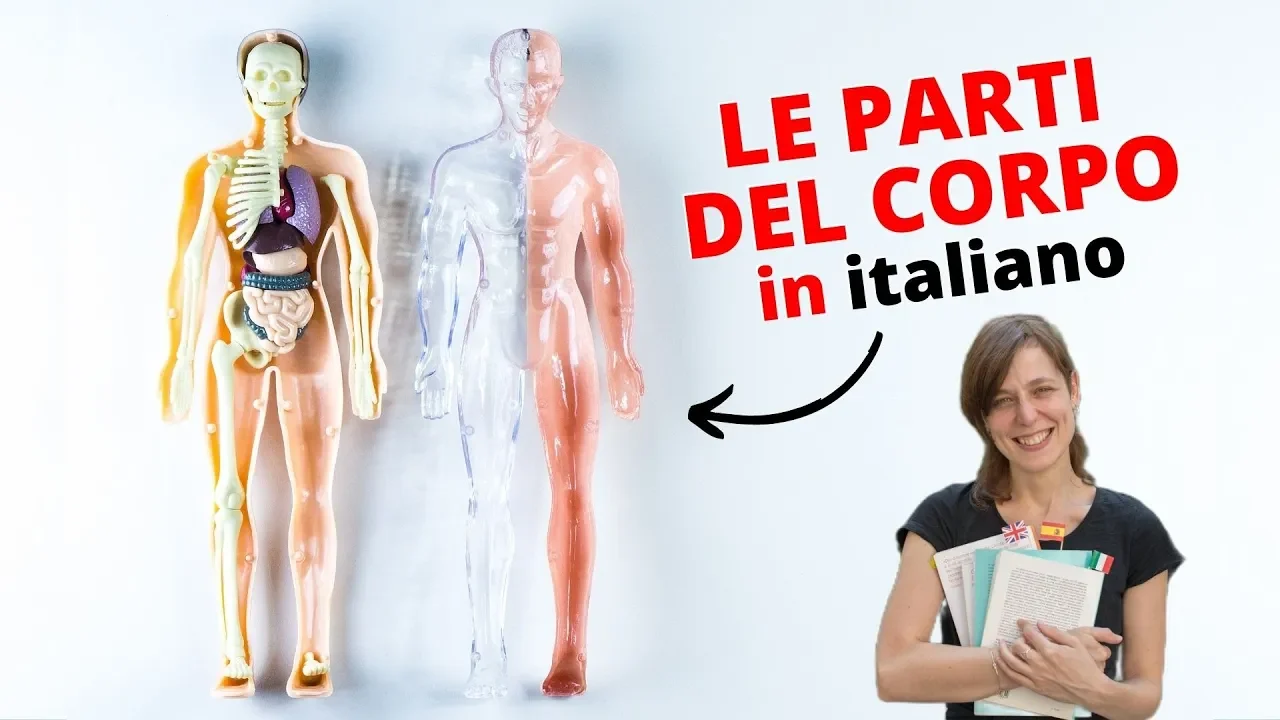
Discover your language level
11 January 2021
Is it important to study grammar when learning a language?
25 January 2021Quindi, infatti, davvero, inoltre – how do you use them?

When I start a class I always have a chat with my students, both to get them to practice normal everyday conversation and to build rapport with them. Then, when it’s really time to start, most of the time I start by saying, “Quindi… iniziamo la lezione!” (“So, let’s start the class!”)
Punctually, by the third or fourth lesson together, my student asks me, “Maria, what does quindi mean?”
Today I want to explain the meaning of this word and other common expressions in Italian!
Quindi it is used in Italian as an ‘intercalare’. You will ask me: “What is an ‘intercalare’?” It is a word you use to fill silence. When you want to start a speech but you don’t know where to begin.
As I was saying, when I teach, I often say: “Quindi…da dove iniziamo? Ah sì, oggi parliamo di vacanze!” (“So… where did I want to start? Oh yeah, today we’re going to talk about holidays!”) or simply “Quindi… oggi parliamo di vacanze!” (“So… today we’re going to talk about holidays!”)
This way I take a moment to think about what I want to say to start the lesson.
Another word that my English students in particular find difficult to remember (because of its similarity to English) is inoltre.
How do you use this word? Let’s take an example:
“Io sono un’insegnante d’Italiano. Inoltre, insegno inglese e spagnolo.” (“I am a teacher of Italian. I also teach English and Spanish.”) Here, in English inoltre would be “also” or “in addiction”: I also teach English and Spanish/In addiction I teach English and Spanish.
The problem is that “also” is translated as anche, which in Italian has a similar meaning to inoltre, but has a different position in the sentence.
I can say: “Inoltre, insegno inglese e spagnolo” oppure “Insegno anche inglese e spagnolo”. What is the difference? Inoltre always goes at the beginning of the sentence.
Another difficult word for my English students is infatti. I often use this word before a lesson because I’m always late, and my boyfriend always says “Didn’t you have a class at 10 o’clock?” and I say “Sì, infatti sto andando!” (“Yes, in fact I’m going!”)
The difficulty the British have with this word is that it is very similar to their “in fact”, which however has a different meaning: in Italian we would translate it with in realtà.
How do you use in realtà in Italian? I’ll give you an example:
“Pensavo che il mio compleanno fosse di sabato, in realtà è di domenica” (“I thought my birthday was on Saturday, in fact it is on Sunday”.)
Here we come to the last word I want to explain to you: davvero. When someone tells you something that surprises you, you can say: “Davvero?” (“Really?”).
If I tell you something you didn’t know, something that surprises you, like “Did you know I’m moving to Thailand?” you can respond with this word: “Davvero?”
Try using these four words in everyday conversations. You’ll see that the more you use them, the clearer their use will become!
Now put what you have learned into practice!
Scarica gli esercizi creati da me per migliorare in questo argomento!
Lascia la tua email e te li invierò subito gratis!
Grazie!
Controlla subito la tua email, te li ho appena inviati!
Buon lavoro




